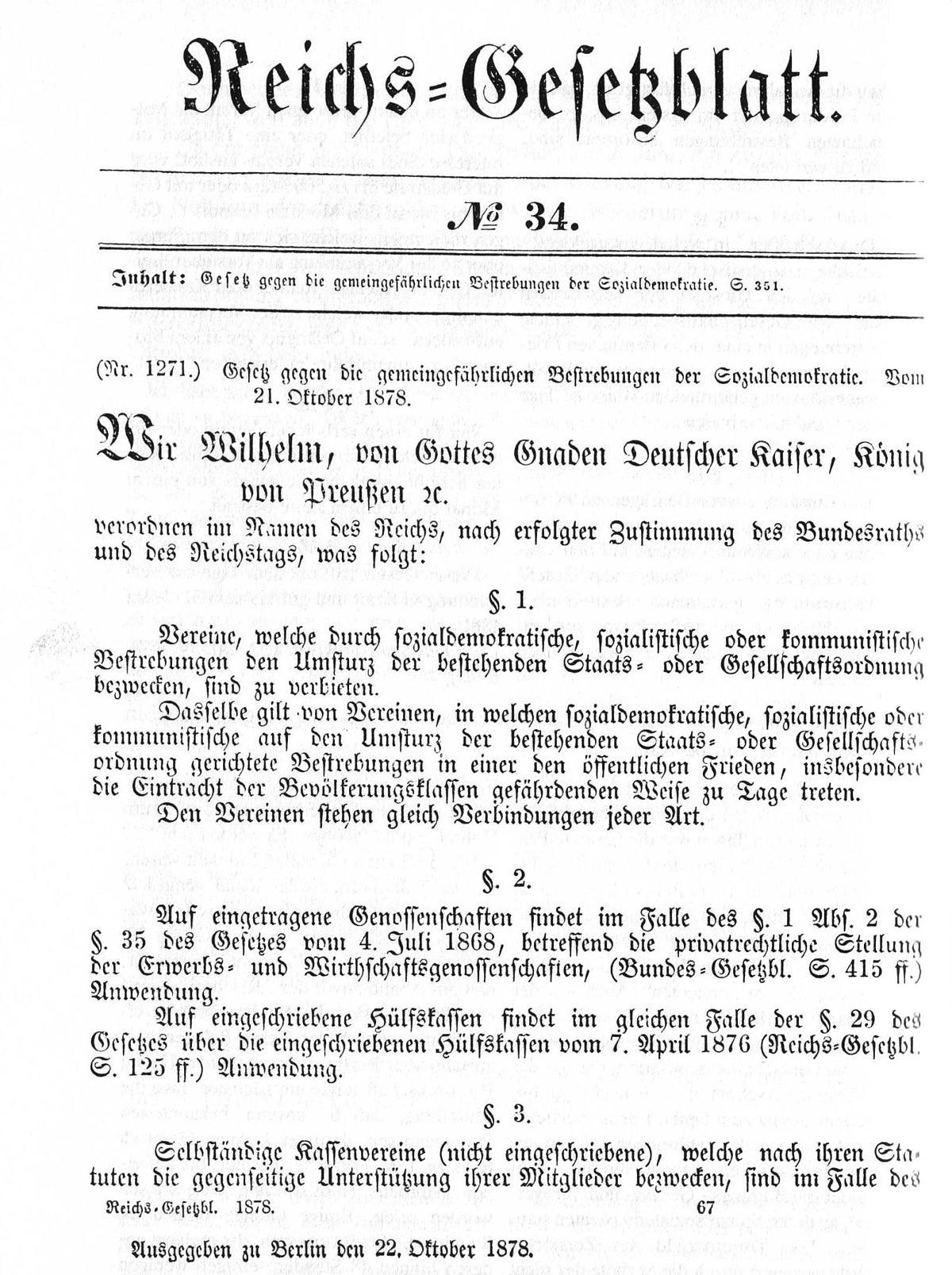I read the title of this and thought some serious subduction had occurred at the Western edge of the Eurasian plate!
Politics is a slippery slope, but sticking to geopolitics, its clear that there was a divide between the influences of liberal thinking in the western states and the autocratic Teutonic tradition in Prussia, the Baltic coast and other Eastern states. In that sense Germany has been trying to achieve an equilibrium ever sense between the liberal and autocratic and still is today since unification.
Regardless of political system, geopolitically Germany is always encircled by competing great and lesser powers and so will always fear encirclement by enemies, just as Russia has always feared invasion via its long European border.
Germany's geographical location likewise made its naval fantasies untenable. Both the High Seas Fleet and the Z-Plan were fundamentally flawed because Germany lacked any direct access to the main ocean highways of the world. The British Isles stands between it and the Atlantic and the Arctic seas. Four narrow channels constrict its access. The Kriegsmarine plan to build a super harbour at Trondheim under the Z-Plan was a result of this geographical restriction and an attempt to base some of its fleet where Allied forces might not hinder their movements so greatly.
Naval arms races had been going on for a long time, as rightly pointed out both Russia and France were building to keep some pace with Britain. Germany could easily match Russia in the Baltic - although its noteworthy that German companies were equally busy designing dreadnoughts and cruisers for the Imperial Russian Navy during the 1910s.
France's Navy was less of a direct threat, any Battle would be in the southern North Sea or Channel and with it would bring the risk of British entanglement. To have any chance of securing open access to the Atlantic was to challenge Britain. Germany came the closest of any European power of doing that because her Navy was concentrated in the North Sea. France had the Med and colonies overseas across the world and Russia had three (possibly five if you count Caspian and Arctic) naval areas with fleets to man and equip around her vast territory.
Naval arms races gathered a lot of kudos in the public eye too. Just as we drool over 5th Gen fighters, so the people of 1910 drooled over dreadnoughts. To be a Great Power you needed a row of battleships, even minor powers like Greece and South American republics were acquiring them in reasonable numbers. So it was not easy for Germany, a huge producer of steel and heavy artillery, to simply sit back and not take part in the race.
A fleet of a dozen dreadnoughts would be useless, they might look impressive in harbour but in a war Britain would have at least three times that number. So the fleet had to be large enough to be credible but in a Catch-22 it made Britain worry and build more in response. This Catch-22 made the whole object unobtainable, in the end the High Seas Fleet was an expensive force to conquer the North Sea and yet never powerful enough to justify its expense.
Hitler's Z-Plan was more raiding oriented (despite some WW1 successes ultimately it proved single cruisers or even groups cannot run and hide forever) and ambitious in terms of numbers, but ten battleships (S&G, B&T, 6 Hs) and a handful of relatively weak battlecruisers was just ahead of France and Russia and their capital ship plans, was still insufficient to really guarantee the outcome of a fleet engagement with the Royal Navy. Two carriers seem more of a token force. Certainly the KM's heavy ships made life tricky for the RN, but sorties by single ships was never going to fundamentally alter the naval balance of power and no concentration of capital ships proved possible (brief opportunities were missed like May 1941 (S&G with B) or early 1944 (Norway heavy units)).
Germany's position was far more like that of Italy's, facing a naval opponent but with limited geographical access to open seas. Italy invested in some top-end capital ships but never too much to seriously overburden the capital programme and with plenty of light units and submarines. The HSF certainly had a sizable lower-end fleet but again proved unable to totally dominate the North Sea with what it had. The destroyer force in WW2 was laughably small, even before Norway in 1940 ate up a flotilla of destroyers and a heavy cruiser.
Hitler famously said "on land I am a Lion, at sea I am a coward" but that could hold equally true for most of Germany's political and military leadership since 1870. Its primary geopolitical focus was always going to be the land, it didn't really understand naval power being a young nation that had never had any naval tradition to build upon (Denmark was a more formidable naval power pre-1870).
As to UK75's original premise; I'm not sure a fully liberal democratic Germany in 1914 could have avoided war any more than the democracies of Britain and France did. There was a pious hope the international Socialist movement would stop the war, but that fizzled out under the more powerful lure of nationalism. Germany's Junker class would hardly have made a good series of Presidential candidates pre-1914. And if WW1 breaks out and Germany loses, then the 'stab in the back' theory might have discredited democracy in the eyes of the people and we might still end up with an unstable state swinging between communism and ultra nationalism in the 1920s-early 1930s.
I can't see the US being any more politically inclined towards a democratic Germany than they were towards Europe's existing Republic - France.

